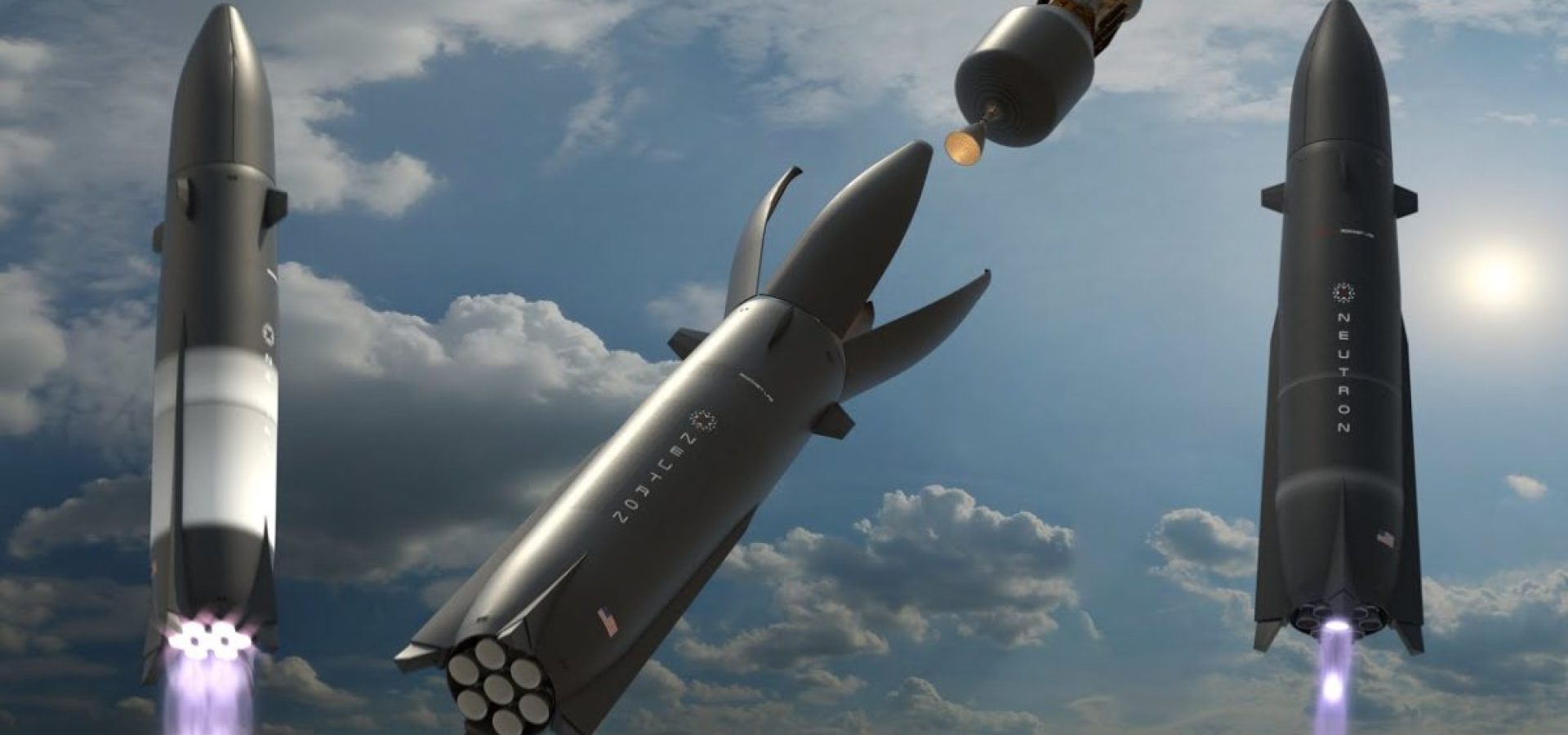Last week, Rocket Lab Inc. launched its first rocket from US territory, carrying a payload of tiny satellites for a paying customer into space. The Long Beach-based startup had achieved a pinnacle moment. It expanded its reach from an existing launch site in New Zealand to its new facility in Virginia. The industry’s success bodes well for a slew of other startups, which includes the one that started it.
Investors appeared to sit up and take notice for a short period following Tuesday evening’s launch. Stifel Financial Corp analyst Erik Rasmussen said the beginning represents an important milestone. Rocket Lab is on a path to meet the rising demand for low-earth orbit satellite launches, which lifted shares by as much as 11% in early Wednesday trading.
Before Investors Know It, Doomsday Begins
That excitement faded fast when the stock resumed its downward slide from last year. Following the launch, Rocket Lab shares fell as much as 23% on Wednesday and Thursday before rebounding to $4.94 on Friday.
Nonetheless, Tuesday’s launch was welcoming news for Astra Space Inc and Virgin Orbit Holdings Inc. After a year of delays and setbacks, they are all waiting for the corner to turn in 2023. More investors, who have put their faith and money in SpaceX, which dominates the commercial launch market, may notice them this year. As operational difficulties were exacerbated by the Fed aggressively raising rates, hurting high-multiple technology firms, all three suffered their shares in 2022. Companies that went public via a merger with blank-check companies also saw a drop in investor love. On the other hand, SpaceX is owned by private individuals. It has a market capitalization of approximately $140 billion and did not lose investors last year.
Let’s Talk More About the Competition
At around $7 million per launch, Rocket Lab’s Electron rocket can carry just 300 kilograms (661 pounds) of cargo to space. As a result, it is only suited for smaller satellites. In comparison, SpaceX’s Falcon 9 can carry 22,800 kilograms at $65 million per launch. The Neutron, Rocket Lab’s next-generation rocket, will carry 13,000 kilograms into space. Starting in 2024, the Neutron will be ready to go.
With a larger, self-landing reusable booster, Rocket Lab hopes to rival SpaceX. In the long run, the firm aims to make the Electron reusable with a system that will catch its booster in midair as it falls to earth. This procedure has yet to be adequately validated.
Rocket Lab currently owns an unprofitable but niche market. Astra announced in August that it is switching to a new approach and terminating development on its Rocket 3.3 system.









COMMENTS